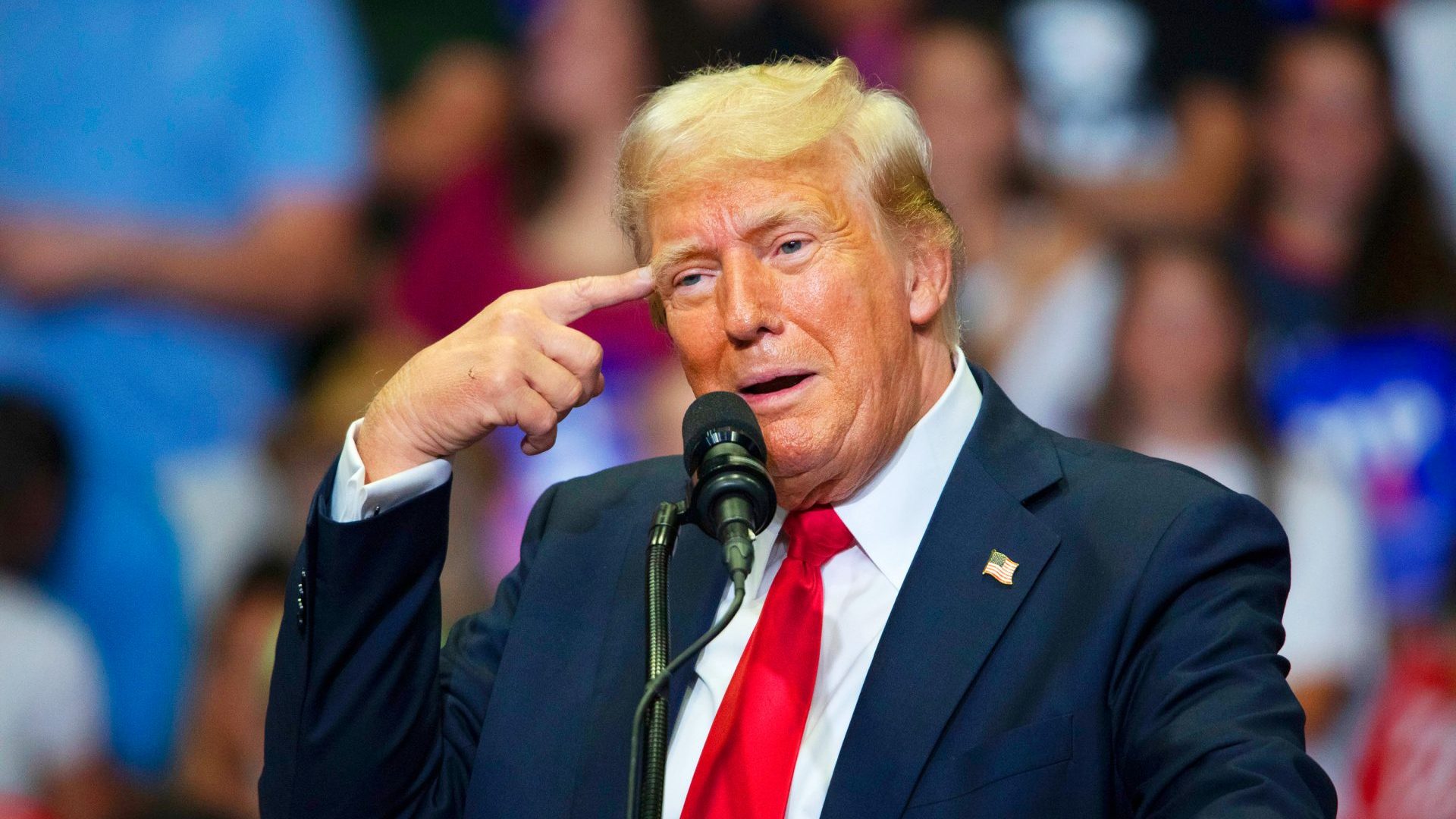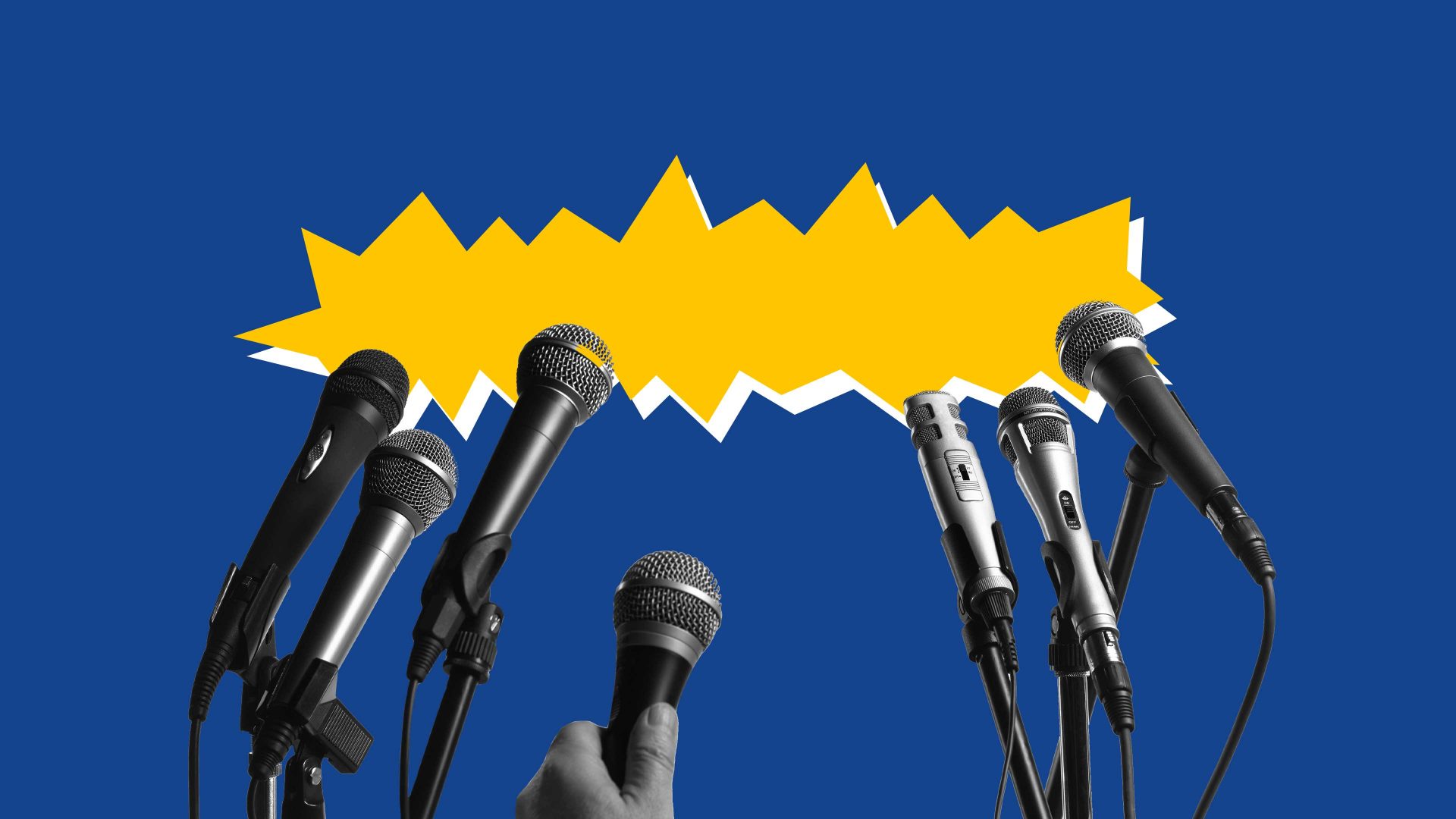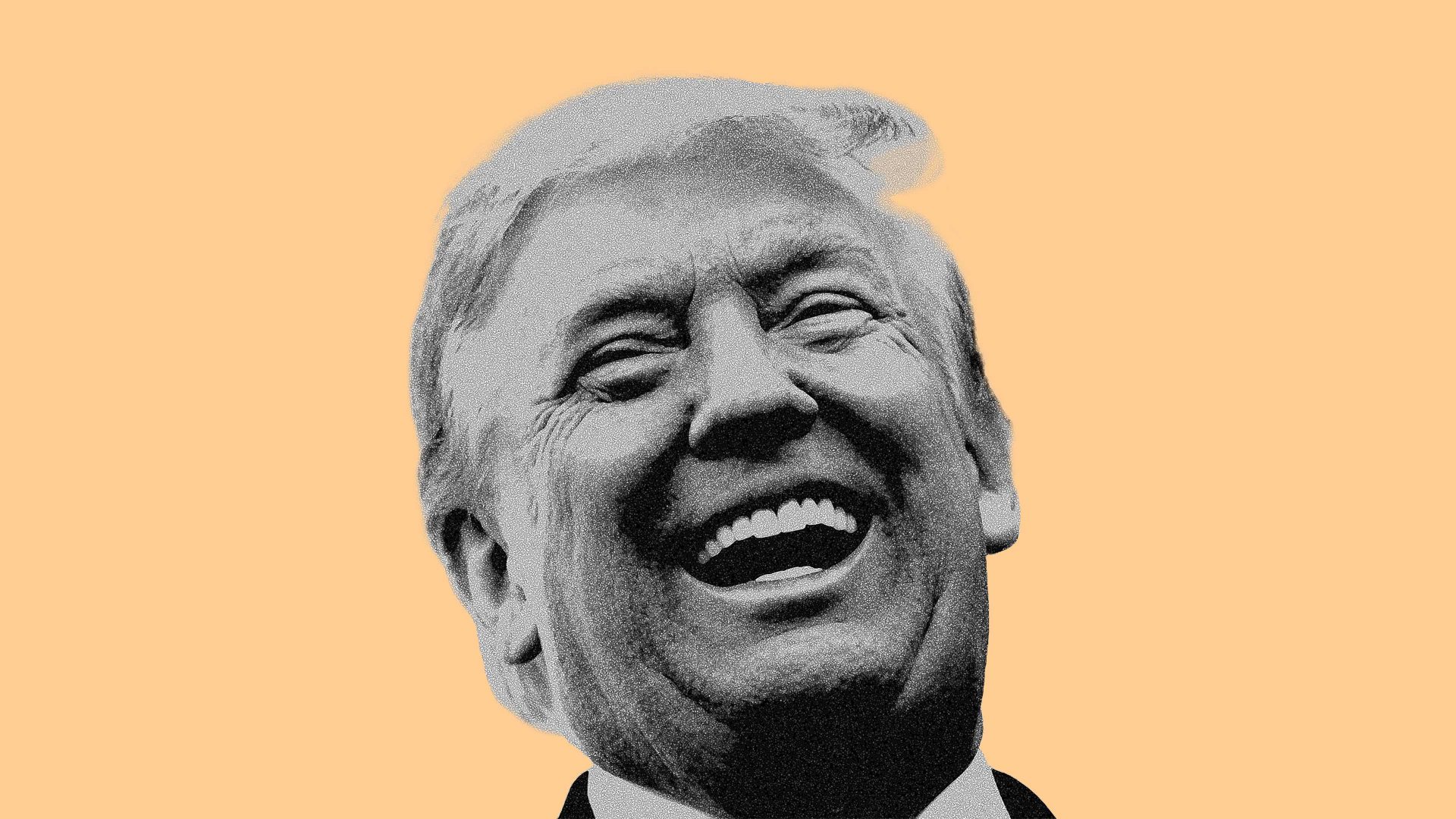Weirdness can be a wonderful thing. As the acclaimed marketing guru Seth Godin writes in We Are All Weird: The Rise of Tribes and the End of Normal, it is one of the primary characteristics of the modern world: “The key element of being weird is: You insist on making a choice”.
And who could be against the spirit of Edith Sitwell’s English Eccentrics? Or, for that matter, Louis Theroux’s Weird Weekends?
In politics, however, cranks and oddballs are rarely winners. Tony Blair knew what he was doing when he said, in 1999, that William Hague’s Conservative Party was “weird, weird, weird”. Kamala Harris and her allies grasp that this label is even more damaging to Donald Trump and the MAGA movement.
It was Tim Walz, the Democratic governor of Minnesota, who started the trend in an MSNBC interview on July 23. “These guys are just weird,” he said of Trump and his running mate, JD Vance. “We’re not afraid of weird people. We’re a little bit creeped out, but we’re not afraid.”
Harris herself has enthusiastically joined in. In Massachusetts on July 27, she mocked the former president’s “wild lies about my record and some of what he and his running mate are saying – it is just plain weird”.
Does this strategy risk trivialising a grave authoritarian threat? Not at all. It is possible to be both weird and wicked. Vance’s insistence on controlling women’s bodies is undoubtedly immoral; but it is also creepy. It should be both denounced and mocked. Ditto Trump’s autocratic rambling. It is simultaneously deplorable and ridiculous.
Best of all, this new attack line gets to him – unlike the charge that he aspires to be a tyrant, which has never really done so. Indeed, he claimed to Time magazine in April that the aura of a dictator-in-waiting is an electoral asset: “I think a lot of people like it”.
The charge of weirdness, in contrast, has thrown him. “They’re the weird ones,” he told conservative radio host Clay Travis last Thursday. “Nobody’s ever called me weird. I’m a lot of things, but weird I’m not. And I’m upfront. And he’s not either, I will tell you. JD is not at all. They are.” Well, well: who knew that the Big Orange Man was such a snowflake?
All of which is further evidence of the remarkable panache and speed with which Harris has reframed the race since Joe Biden’s withdrawal. She has forced a man who less than a month ago was presenting himself at his party’s convention as an instrument of divine intervention to deny publicly that he is an embarrassment. More even than when he was convicted in New York of 34 felonies in May, Trump is on the defensive.
Yet – as ever in this extraordinary presidential contest – there is a catch. And, in this instance, it is that weirdness comes in many forms; or, to put it another way, strangeness is in the eye of the beholder.
Full disclosure: northern California is one of my favourite places in the world, not least because of its oddball ethos, its flourishing culture and its genius for pluralism (my all-time favourite sign was one I saw in a Santa Cruz store: “We buy and sell transcendental books”). But this is definitely not a sentiment shared by many millions of Americans.
When Trump calls Harris “a San Francisco liberal”, he is speaking directly to these voters and animating their suspicions of that city’s former district attorney, who is also the former attorney general of California. He is insinuating that she believes in things they consider “weird”.
This is why, as soon as Biden had dropped out and endorsed Harris, the Tennessee Republican congressman, Tim Burchett, caricatured her as “our DEI vice president”. To say that this seasoned politician has reached her position only because of some Diversity, Equity and Inclusion project is clearly racist. But it is not just a personal attack on Harris herself.
As one Democratic insider put it to me: “The DEI line is obviously straight-up bigotry – but it’s also a dog whistle to white and Asian voters of all classes who fear Kamala would bring in all sorts of programmes that would disadvantage them and their kids.”
College admissions policies, employee diversity training, so-called “woke” recruitment strategies and free speech in the workplace are much more controversial in America than in the UK. In June 2023, in a case alleging discrimination by two universities against white and Asian American applicants, the Supreme Court ruled that race could no longer be a factor in admissions.
But this has not calmed the fears of many voters for whom “DEI” remains shorthand for an ideological preoccupation that they believe is now deeply entrenched in the nation’s institutions. In June, a Rasmussen Reports poll found that only 29% of Americans believe DEI programmes are making companies better. More than two-thirds of Republicans think such policies lead to discrimination against white men.
This can be (and is) dismissed as “white fragility” (a term popularised by sociologist Robin DiAngelo). The trouble is that white fragility is not banned in the polling booth. And – anecdotally, but to a striking extent – I have noticed that many otherwise liberal Americans are privately fearful that their children’s prospects will be limited by DEI.
These people are emphatically not members of Trump’s base: they are not in any sense disenfranchised, they hated January 6 and would be outraged if accused of prejudice. But I suspect their hands will hover when they go to cast their ballots.
How large is this category of Trump-curious middle-class voters? It is probably outnumbered by those who are newly galvanised by the Harris campaign. Yet – in the wholly unpredictable electoral college system – a few thousand votes here and there can decide who wins the presidency.
Trump knows this, which is why he will continue, relentlessly, to portray Harris as a strange, anti-American, unhinged radical, intent on making San Francisco the psychedelic capital of the republic.
Absurd? Yes, but not necessarily ineffective. The charge of weirdness will certainly count in this election. The question is: which definition counts more?




